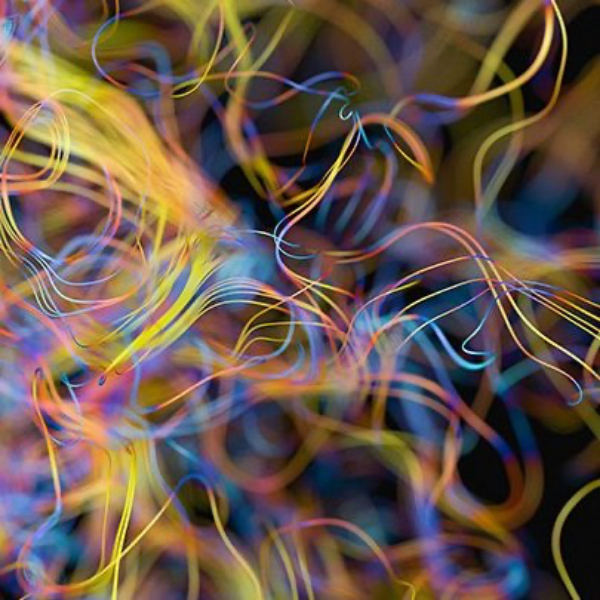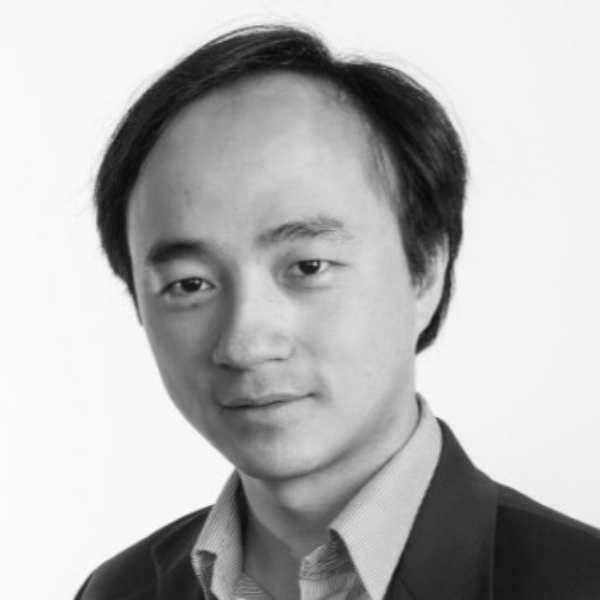Superstrings, Calabi-Yau manifolds and machine learning
5 PM, 18 Dec 2020
In this in-real-life only event, Yang Hui talks about how string phenomenology has led from differential geometry to computational geometry and now to machine learning.
String theory—with its cornerstones of supersymmetry and extra space-time dimensions—has been a muse to pure mathematics. The discipline has provided novel methods of attack for a myriad of mathematical problems: from enumerative geometry to Moonshine, from quantum invariants to mock modular forms. Central to string theory is the study of Calabi-Yau manifolds, which serve as a beacon to such important investigations as compactification, mirror symmetry, moduli space and duality.
In this talk, Yang-Hui reviews how the problem of string phenomenology led physics first to algebraic and differential geometry, then to computational geometry, and now to data science and AI. How did this pencil-and-paper driven field become increasingly suited to computational techniques? Within the playground of the Calabi-Yau landscape, accumulated over four decades by physicists, mathematicians and computer scientists, He shows how the latest techniques in machine-learning can help explore problems of physical and mathematical interest. This talk is a taster of his book The Calabi-Yau Landscape: from Geometry, to Physics, to Machine-Learning.
London Institute Seminars
London Institute Seminars are given by invited speakers to members of the Institute and nearby universities. They start at the end of the day with drinks and after the talk informal discussion continues into the evening. The goal of the talk is to inspire as much as to inform.
















Speakers

Prof. Yang-Hui He is a Fellow at the London Institute and Chang-Jiang Chair at Nankai University in China. He works on geometry, number theory and string theory. In 2017, he helped launch the field of AI-guided mathematical discovery, where he continues to play a leading role.